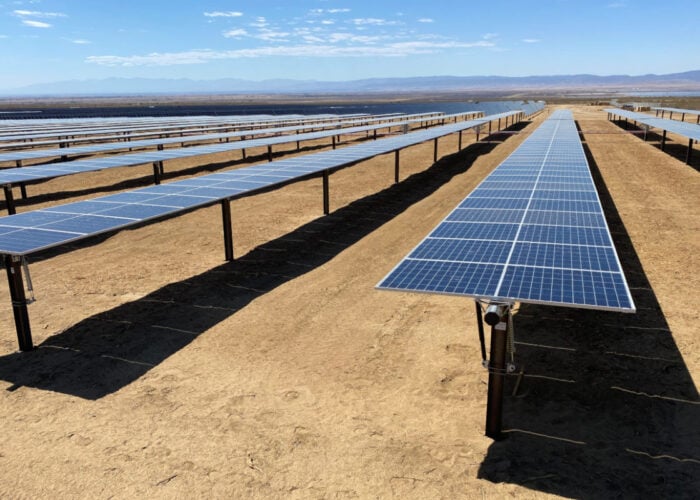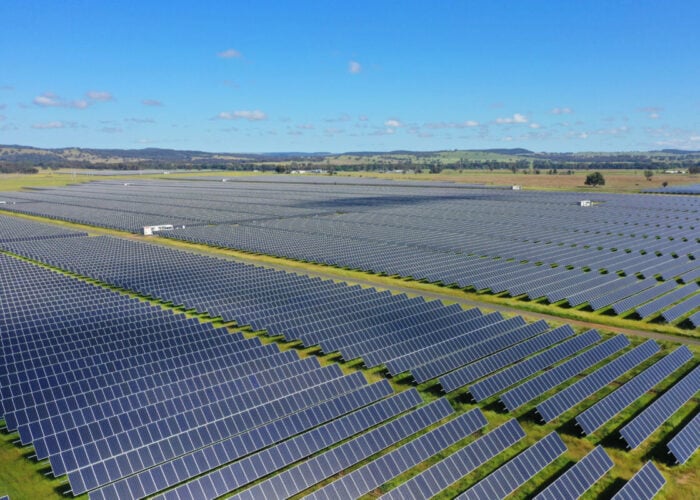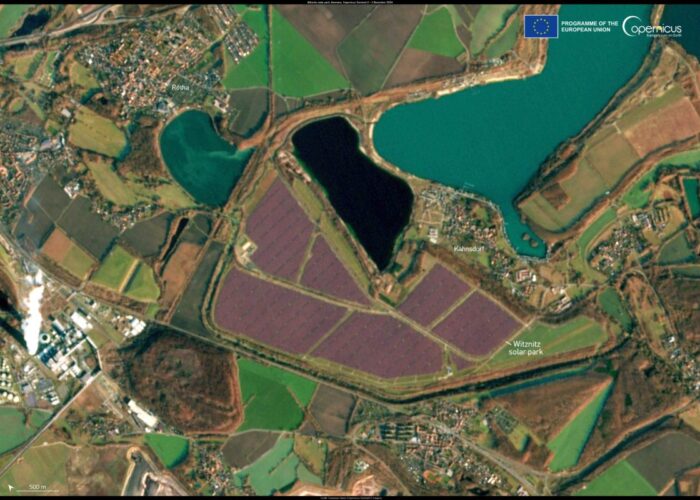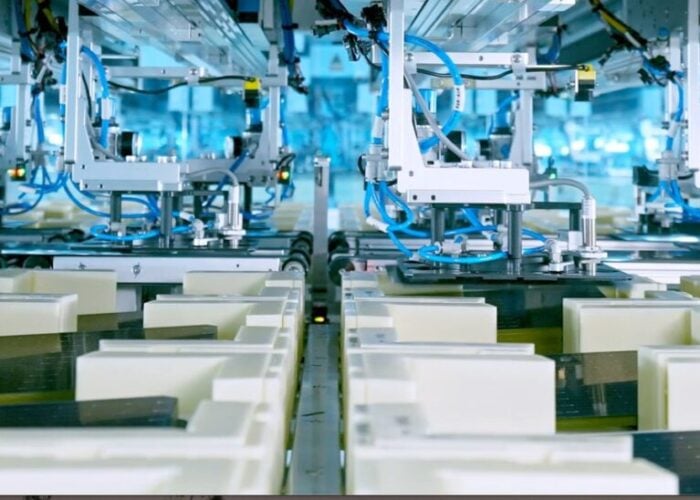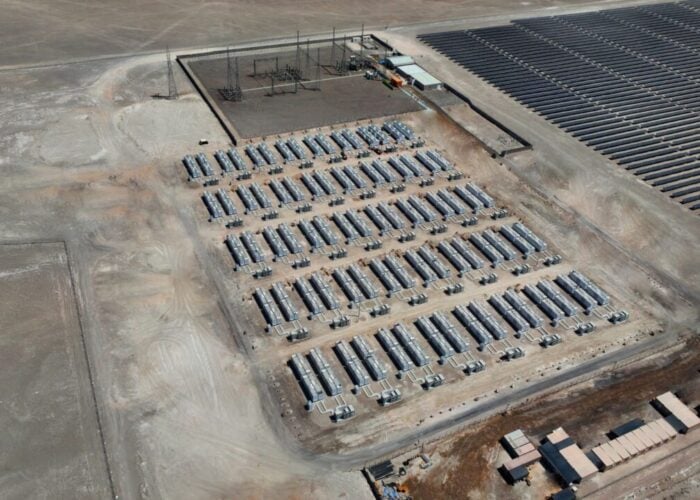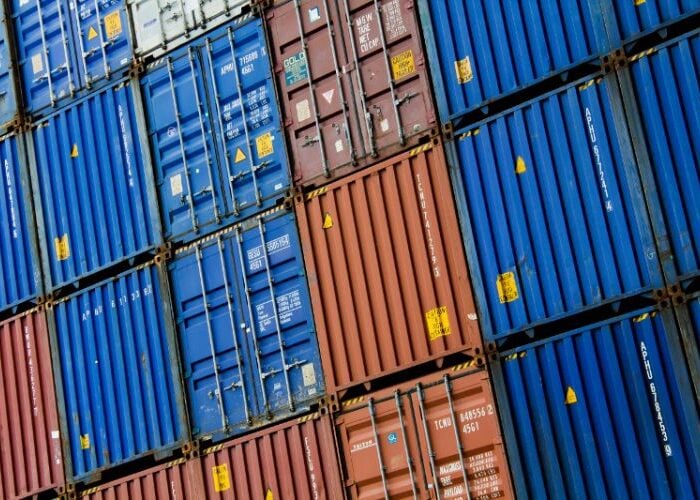Product Briefing Outline: Dow Chemical has launched it ‘Enlight’ polyolefin encapsulant films, which are claimed to enhance efficiencies in PV module production and lead to lower conversion costs. The films also can provide greater module stability and improved electrical performance versus traditional encapsulants, such as EVA-based products, which improves the reliability and extends the service life of PV modules. The new encapsulant films are suitable for c-Si and thin-film modules.
Problem: Modules made with Enlight films can retain efficiency levels after more than 10,000 hours of damp heat exposure, whereas Dow testing shows that modules made with EVA typically show a sharp drop-off in efficiency levels after more than 2,000 hours in damp heat. Customers have found the films reduce cycle times up to 30% and that the lamination temperature windows can be extended. The physical properties virtually eliminate bubbles, which leads to fewer rejects. Damage to equipment and modules is also markedly reduced because the process does not produce acetic acid.
Unlock unlimited access for 12 whole months of distinctive global analysis
Photovoltaics International is now included.
- Regular insight and analysis of the industry’s biggest developments
- In-depth interviews with the industry’s leading figures
- Unlimited digital access to the PV Tech Power journal catalogue
- Unlimited digital access to the Photovoltaics International journal catalogue
- Access to more than 1,000 technical papers
- Discounts on Solar Media’s portfolio of events, in-person and virtual
Or continue reading this article for free
Solution: Enlight polyolefin encapsulants are based on Dow’s integrated and proprietary polyolefin resins and film technologies. Dow experts can custom-tailor polymer structures to develop film formulations that are designed to address customer needs. Their chemical composition gives these materials a very stable backbone, allowing them to process very efficiently. The differentiated physical property profile of the films, including good tensile strength and melt index, can help reduce conversion costs. The films contain no liquids or additives that can cause hydrolysis and damage the lamination equipment. Because no liquids are present, bubble formation is virtually eliminated, minimizing the potential for rejects, and there is no acetic acid formed that could cause damage to equipment and modules. The encapsulant films have built-in temperature resistance, even at short lamination cycles. The use of Enlight films can allow wider temperature windows and the potential to extend the use of the laminator membrane.
Applications: Suitable for rigid modules that use crystalline silicon or thin-film technologies, as well as many flexible module configurations, these advanced encapsulant films are appropriate for both small- and large-scale residential, commercial, and utility installations.
Platform: Enlight films have a significantly lower water vapour transmission rate (WVTR) than EVA. Depending on formulation, the WTVR of the films can be 10-20x lower than that of EVA encapsulant films, according to Dow. Resistivity levels can remain more consistent and electrical efficiency levels can be better maintained over time. The glass transition temperature (Tg) of films is much lower than that of other primary encapsulants, allowing it to offer improved cold temperature performance.
Availability: Fourth quarter 2010.

